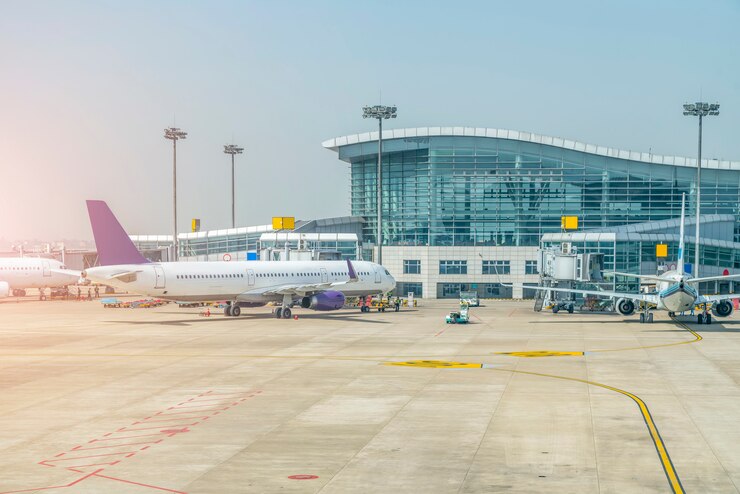Air carrier liability in Kenya explained. Discover key insights into air carrier and baggage liability regulations. Protect your rights—learn more today!
In the course of air travel, passengers are prone to injury and either their goods or baggage are equally prone to loss and/or damage through the actions of either the airline, its servants or its agents. As such, there are internationally recognized legal instruments that govern air transport and carriage. One critical area which F.M. Muteti & Co. Advocates, as the best aviation lawyers in Kenya focus on, is contractual liability in aviation.
Understanding Air Carrier Liability in Kenya: An Analysis of Air Carrier and Baggage Liability
Air passenger transport and baggage carriage is treated as a contractual relationship between the airline and the passenger and/or the owner of the goods being carried by the airline. Accordingly, the Carriage By Air Act, 1993 was enacted in Kenya to give effect to the Convention Concerning International Carriage by Air known as the Warsaw Convention of 1929.
This means that the Convention is applicable to Kenya as a state. The Convention contains two different provisions governing passenger ticket (Article 3) and luggage ticket (Article 4). These Articles prescribe a list of elements, which must appear on the above documentation. Articles 3 provides that a passenger ticket shall contain:
- The place and date of issue;
- The place of departure and of destination;
- The agreed stopping places;
- The name and address of the carrier or carriers; and
- A statement that the carriage is subject to the rules relating to liability established
by this (the Warsaw) Convention.
Pursuant to Article 4 of the Warsaw Convention 1929, the luggage ticket shall be made out in duplicate, one part for the passenger and the other part for the carrier and shall contain the following particulars:
- The place and date of issue;
- The place of departure and of destination;
- The name and address of the carrier or carriers;
- The number of the passenger ticket;
- A statement that delivery of the luggage will be made to the bearer of the luggage ticket;
- The number and weight of the packages;
- The amount of the value declared; and
- A statement that the carriage is subject to the rules relating to liability established
by this (the Warsaw) Convention.
Essentially, the Convention has prescribed the “contract” between an airline and a passenger or a person whose goods are being carried by the airline. It is therefore to keep passenger and luggage tickets safely as they constitute important documents to prove that there was a contract between the passenger and the airline in case a claim arises.
Flowing from the above, in the event that you incur losses and/or damage while on transit in an airliner, you can sue it and claim for damages for the loss suffered. Provided that you have evidence that there was a contract between you and the airline and you can link the loss or damage to the airline, its agents or its servants, you have a legitimate claim against it.
At F.M. Muteti, our Litigation and Dispute Resolution team is ready to handle any claims arising from losses and damage occasioned by any airline operating both internationally and nationally.
Disclaimer: The information provided in this Air carrier liability in Kenya explainer article is provided for information purposes only and does not constitute a legal advisory. We advise prospective Clients to get in touch with us for more comprehensive and contextualized legal advice.

